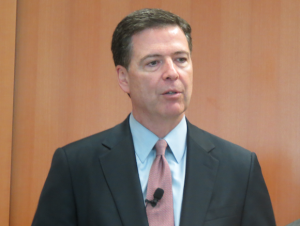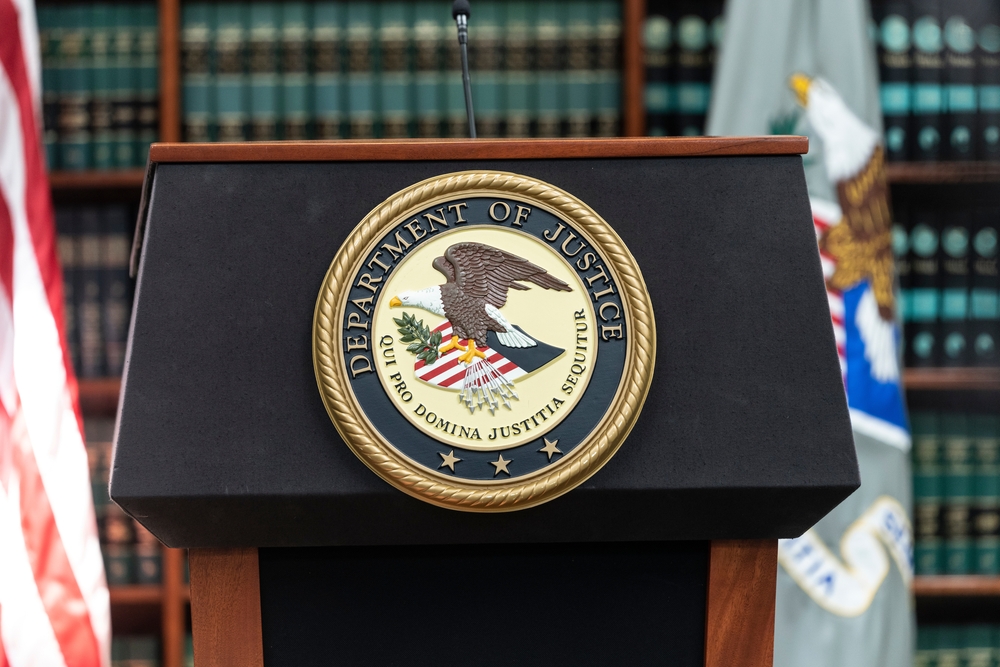
By Michael S. Schmidt
New York Times
As a federal prosecutor in two of the country’s most violent cities in the 1980s and 1990s, James B. Comey pioneered some of law enforcement’s most aggressive tactics that put gang members behind bars for long sentences, and he believes, saved many lives.
But as F.B.I. director for the past two years, Mr. Comey has witnessed a major rethinking of that period, much of it by the Justice Department and the White House. President Obama and other administration officials have described law enforcement efforts from the time as “mass incarceration.”
In a speech last Friday in Chicago, Mr. Comey challenged that interpretation, suggesting it “distorts an important reality” of what the authorities have achieved in the past 25 years to bring down the crime rate. “Pulling up those many weeds, as painful as that was,” he said, “allowed churches, schools, community groups and parents to plant seeds that have grown into healthy neighborhoods. Neighborhoods that are free and alive in 2014 in ways that were unimaginable 25 years ago. We cannot lose sight of that.”
He also made another fairly provocative claim, saying that the recent intense focus on police brutality may have made police officers less aggressive and led to an increase in crime. He seemed to be lending his credibility — and the F.B.I.’s — to the idea that the increased attention on the police has affected officers and emboldened criminals without citing any data to back up his assertion.
Mr. Comey did not tell the Justice Department or the White House what he was planning to say in the speech, but the reaction to it was immediate. Justice Department officials were puzzled, as they did not recall Mr. Comey’s ever raising such issues during their deliberations. The deputy attorney general, Sally Q. Yates, pressed Mr. Comey to explain his views. And, Mr. Comey was criticized by civil rights groups and the head of one of the largest police unions in the country.
White House officials were irritated as they saw it as an effort to undermine their criminal justice reform efforts. They later said publicly that there was no evidence to back up Mr. Comey’s claim about the rise in violence. On Thursday, the president met with Mr. Comey in the Oval Office to discuss his views. The White House declined to describe the conversation.
Mr. Comey’s statements — particularly the ones about the chilling effect that scrutiny has had on law enforcement — have been seized on by Republicans, including some who have distorted them. “You know, the F.B.I. director, the president’s appointed F.B.I. director, has said this week that because of a lack of support from politicians like the president of the United States, that police officers are afraid to get out of their cars; that they’re afraid to enforce the law,” said Gov. Chris Christie of New Jersey at the Republican presidential debate on Wednesday. “And he says — the president’s appointee — that crime is going up because of this.”
To read more click here.





